The 5 Most Popular Peking Opera Stories
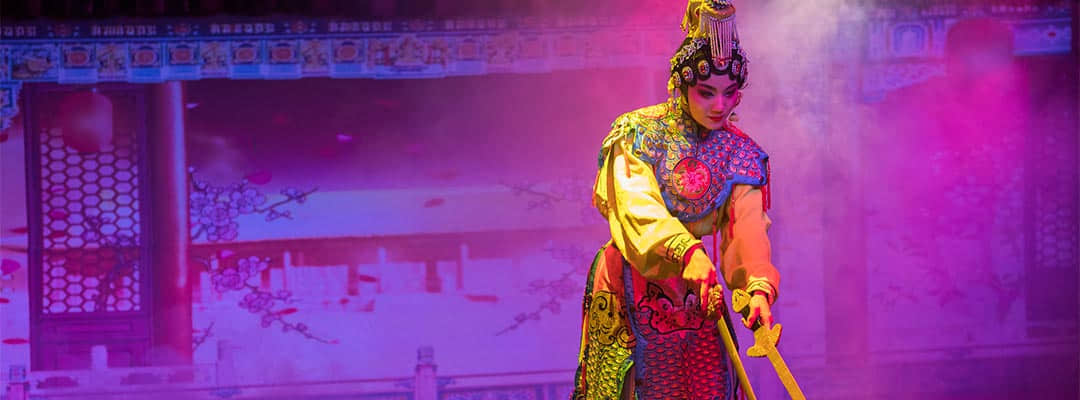
The stories that make up Peking Opera come from the history of China, and include tales from the dynasties, historical events, and stories about emperors, ministers, and beautiful women, and some not so true accounts from literature.
Some of the classic plays written during the Qing period could hardly be performed today as many of them consist of more than 24 acts, so that to rehearse them would take years and to stage them would take several days. Nowadays, Peking Opera audiences are presented with a concentrated version, a one-act performance of a play that was originally much longer, containing the highlight of the drama which people never get tired of watching.
These are some classics that are still popular with audiences today.
Farewell My Concubine
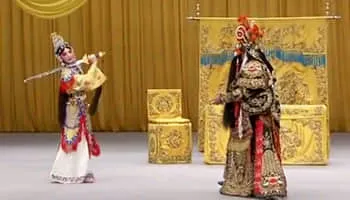
It is also sometimes seen with the title Ba Wang Bie Ji 霸王别姬, better translated as The Hegemon-King Bids his Concubine Farewell, or Farewell to Princess Yu.
Xiang Yu was claimed as the “Overlord of Western Chu”. He fought for the unification of China with Liu Bang, and Liu Bang later had and set up the Han Dynasty. Xiang Yu is surrounded by Liu Bang's forces and he is already defeated, and he then called for his favorite concubine, Consort Yu. Realizing the dire situation that she could not become a burden to Xiang Yu, Yu commits suicide with Xiang Yu's sword when he distracted.
Drunken Beauty
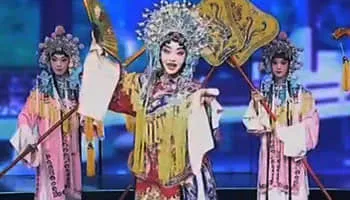
You may see this story billed as Gui Fei Zui Jiu 贵妃醉酒, or Drunken Princess. This classic was an opportunity for Mei Lanfang, as the Princess, to show off his extraordinary acting and acrobatic skills.
The extraordinarily beautiful Yang Yuhuan was the favorite concubine, out of 3,000, of the Emperor Ming, and one evening had arranged to meet with him for a drink in the One Hundred Flower Pavilion. However, the Emperor lets her down, going instead to another Princess. Assisted by two Eunuchs, the princess starts drinking alone, getting increasingly drunk and sad. The audience is entranced watching the gestures and clever antics of the drunken concubine.
A VIDEO CLIP: Performed by Mei Lanfang, source from TV.CCTV
The Heavenly Maid Scatters Blossoms
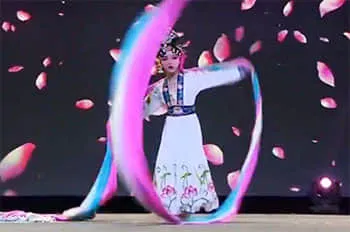
This play is also known as Tian Nu San Hua 天女散花, translated as Sylph Scattering Flowers, or A Fairy Maiden Scatters Flowers. The story is about the heavenly maid obeys the Buddha ordering to scatter blossoms to test the learning progress of his disciples. The heavenly maid comes to earth and scatters the blossoms to Buddha’s disciples and delivers the Buddha’s words, and then she returns to the west . Being covered in petals means one's knowledge is shallow, so the disciple then works hard.
Lady Wang Zhaojun Goes Beyond the Frontier
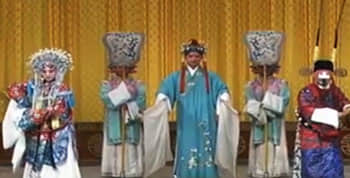
Beijing Opera Lady Wang Zhaojun Goes Beyond the Frontier (Zhao Jun Chu Sai 昭君出塞) is the latter part of the Han Ming Consort, which displays her great sadness for leaving homeland and unknown fate. It is a masterpiece of Shang Xiaoyun who is one of the “Four Famous Dan Actors”.
There are many legends about Wang Zhaojun in folklore, but the opera edition performs that a maid named Wang Zhaojun in the Han Dynasty, who was endowed with both beauty and intelligence, but didn’t pay bribes to the painter in the palace, so that her portrait was painted badly and she was never visited by the Emperor. Until one day, she was playing sorrowful melodies on Pipa (a Chinese stringed instrument) to display her lonely emotion, the music attracted the Emperor, and Wang Zhaojun’s beauty was revealed. Later, the Emperor wanted to execute the painter for his deceiving. However, the painter escaped to the Xiongnu and offered Wang Zhaojun’s real portrait to the tribe leader of Xiongnu named Huhanye. Then, the leader of Xiongnu sent troops for Wang Zhaojun. Lacking military strength, Emperor Yuan had no choice to send the Wang Zhaojun to marry the leader to establish friendly relations.
A VIDEO CLIP: Performed by Shang Xiaoyun, recorded in 1962, source from TV.CCTV
Lady Mu Guiying Takes Command
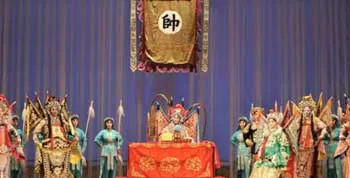
This opera is generally billed as Mu Guiying Gua Shuai, or Taking Command of the Troops, and was the last play of Mei Lanfang. When the lord of West Xia starts a rebellion, the 50 year old female general Mu Guiying takes command of the troops.
A great warrior woman, Mu Guiying, put aside personal hurt despite her family having been treated treacherously, and returned to the battlefield with her husband, son and daughter.
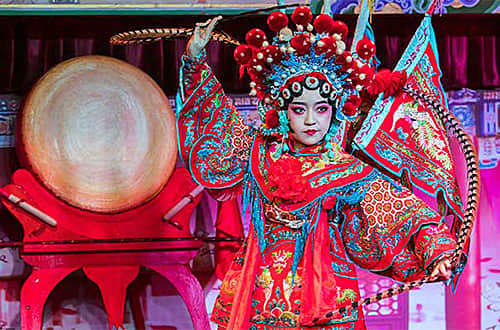 Makeup, Staging, Costumes and Music
Makeup, Staging, Costumes and Music 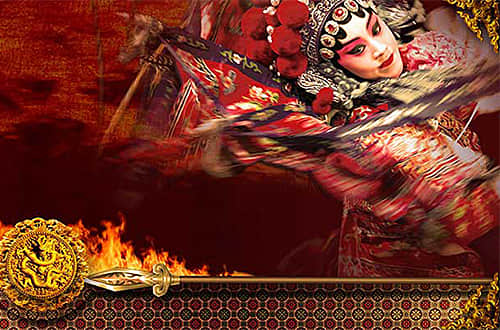 Where Can I See Peking Opera in Beijing?
Where Can I See Peking Opera in Beijing? 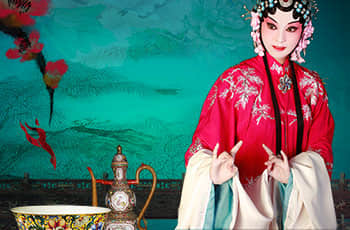 10 Famous Peking Opera Artists
10 Famous Peking Opera Artists 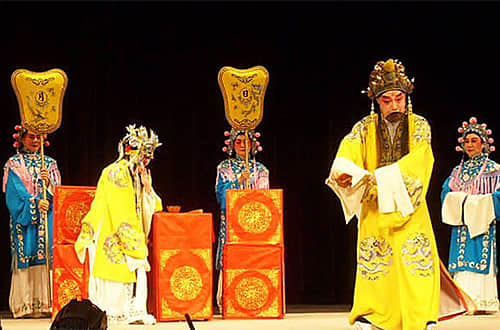 Performers and Roles
Performers and Roles